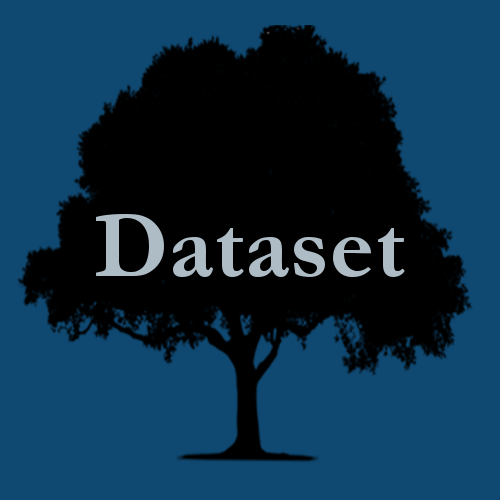Viewing a version of dataset "VT Ozone"
Version name: Update 2021
This page provides information about a version of dataset "VT Ozone" that was created. This version information can be used to accurately cite the dataset at a particular point in time, and to define dynamic subsets of data as they were used in publications or reports.
This approach to creating versions is built upon the Dynamic Data Citation best practices recommendations of the Research Data Alliance
- Purpose
Ground-level ozone is formed through a chemical reaction between air-born organic compounds (VOCs) and nitrogen oxides (NOx) when exposed to sunlight1. High levels of ozone exposure can cause leaf damage, which can reduce the efficiency of processes such as photosynthesis. Foliar damage due to ozone exposure is the first visible sign of injury, and indicates impaired physiological processes in the leaves1. For some trees, ozone exposure can increase the likelihood of secondary stressors, like damage caused by diseases, insects, or weather events. Ozone is expressed as the average concentration (in parts per million) between the hours of 8:00 am and 8:00 pm2 from April 1 to September 30. Due to regulations, ground-level ozone pollution has improved gradually over the past decade.
- Version Name
- Update 2021
- Version ID
- 3
- Version Type
- Edit
- Created Date
- 2023-11-27 02:40:02
- Creator
- Matthias Sirch
- DOI
- No DOI Assigned
- Download
Available for download
- Data License
- Linked - Third party determines data license

